Science
Humanity’s Oldest “Business Card”: This Human Handprint Is Nearly 68,000 Years Old
03 February 2026

At the heart of human existence lies the inalienable right to freedom, deeply rooted in our essence and upheld by the foundational frameworks of global governance. This principle is enshrined in the Universal Declaration of Human Rights, adopted by the UN General Assembly in 1948, and mirrored in the constitutions of European nations. However, a pressing question arises: how do we navigate this freedom in our daily lives, and what truly characterizes freedom in the 21st century?
The esteemed Danish philosopher Søren Kierkegaard (1813‒1855) once remarked, ‘People are often paradoxical. They rarely exercise the freedoms they have, yet they desire freedoms that elude them.’ This observation prompts reflection: are we prepared to exercise our freedom responsibly and ethically? What constitutes the core of freedom, and what principles should inform and drive our autonomous decisions?
In everyday language, ‘freedom’ often suggests an escape or release from certain confines—an idea eloquently articulated by Seneca (4‒65 AD) when he posited, ‘You ask for the definition of freedom? It is not being bound to any object, any necessity, any situation; it’s compelling fate to regard us as its equal.’ This perspective underscores liberation from limitations, from diverse kinds of coercion and oppression. Philosophically, this is termed ‘negative freedom.’ Today’s world seems increasingly drawn to this interpretation of freedom, where self-expression is frequently misconstrued as a mere lack of constraints—a life unburdened by rules or limitations, revealing a boundless spectrum of possibilities.
Conversely, European intellectual traditions offer a contrasting viewpoint: ‘positive freedom.’ This angle underscores the ‘freedom to’ aspect. Here, freedom encompasses more than mere resistance; it is understood as an affirmation and as an obligation. The gift of freedom does not grant a carte blanche for any action, nor does it suggest a life evading challenges and responsibilities. In this context, human freedom calls us to higher aspirations, foundational values, and purposeful endeavors. Among philosophers, Plato (424‒348 BC) most vividly conveyed this idea.
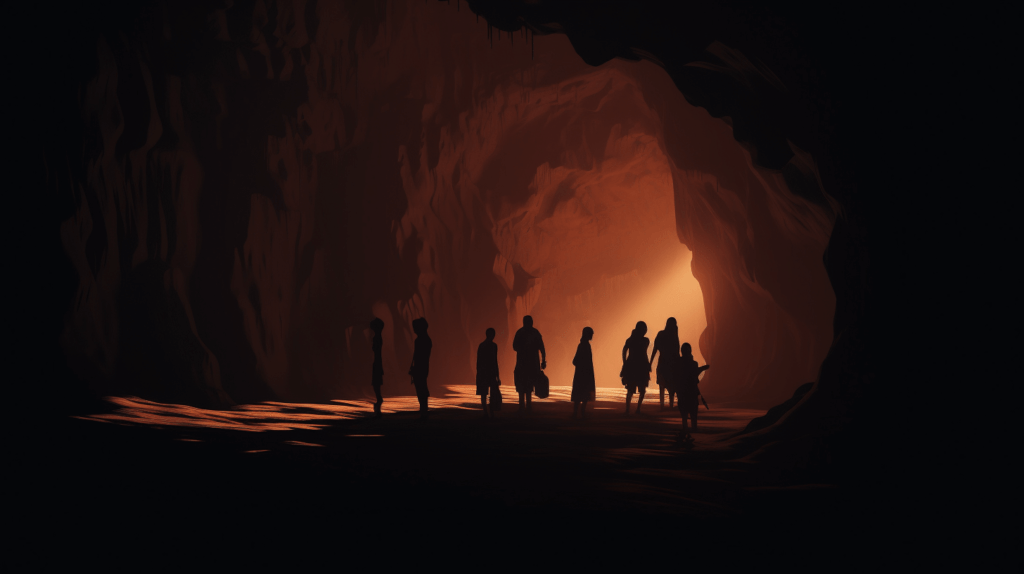
In the renowned allegory from ‘The Republic’, Plato paints a vivid scene of individuals confined within a cave. Bound to its walls, their gaze is fixed away from the entrance. This cave is all they have ever known, their reality limited to the shadows cast by objects illuminated by a fire behind them.
In interpreting this allegory, the symbolism of the prisoners’ figures is profound. Plato contends that many of us lead lives much like those people imprisoned in a cave: shrouded in the ignorance of darkness, tethered by stereotypes, habits and routines. The cave’s dim ambiance is more than physical; it signifies a life where one is captivated solely by illusions, mistaking shadows for truths. While this life inside the cave might be predictable and comforting, it is also limiting. The cave’s residents face no demands, but equally, their potential is stifled. Such imagery prompts the reflection: how often do we opt for such passive existence? It is an existence marked by inertia, laden with unseen constraints, yet providing a familiar refuge.
However, Plato does not end his tale in gloom. One prisoner breaks free and, guided by sunlight filtering in, begins a challenging ascent toward the outside. Plato underscores the journey’s hardships, describing it as a tumultuous trek over ‘rough terrains and sharp ascents’. But upon reaching the outer world and adapting to its radiant expanse, the escapee would never wish to retreat to the cave’s confines.
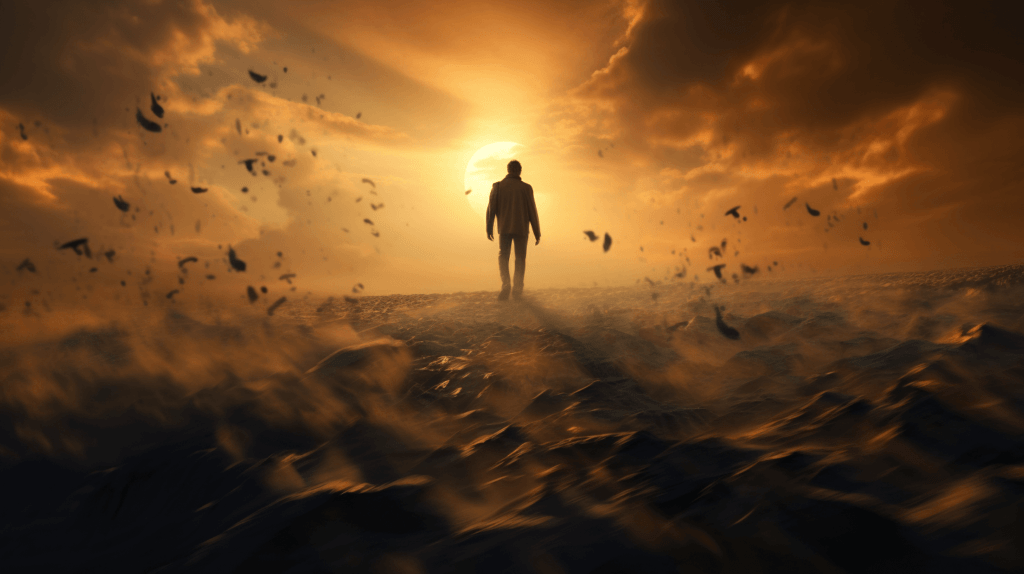
What, then, is Plato’s message for the modern man? It is a call to bravely embrace true freedom. Exercising this freedom is not straightforward or effortless. It demands introspection and a reorientation of one’s priorities. For Plato, the sun, both a beacon from the cave and a symbol of a loftier reality, represents the Good – a guiding principle in our existence. Should one dare to step beyond their confined realm of familiar beliefs and habits, they embark on a journey to freedom, a journey toward understanding and embodying enduring values. For Plato, these values encompass Truth, Beauty, Justice, Wisdom; but the most paramount, at the pinnacle of this hierarchy, is indeed the Good.
Reflecting on this allegory in the 21st century, one might ask: how do I exercise my freedom in my everyday life? Am I driven to harness this freedom in the pursuit of greater ideals, guided by an innate moral compass for my betterment and that of others? Do I possess the tenacity and valor to walk the path of ethical self-betterment, illuminated by chosen virtues? Echoing this sentiment centuries later, esteemed Polish philosopher Roman Ingarden (1893‒1970) opined, ‘It is irrefutable: without some form of freedom, there can be no realization of moral values.’ He alluded to those very aspirations highlighted by Plato: freedom is not just a right, it is a responsibility, with its ultimate aim being the embodiment of moral virtues.
Plato’s allegory remains a timeless testament to human existence, which finds purpose when aligned with the Good. In essence, every individual can — and should — live this ideal, by radiating goodness to others, the world, and themselves. In conclusion, consider the wisdom of Polish philosopher Józef Tischner (1931‒2000), drawing from Plato’s insights: ‘Freedom finds its true purpose when seen as a mode of living for the good… It embodies internal actions, and self-determination. Through freedom, mankind, as free beings, define their essence.’
Sources:
Plato, The Republic, Warsaw, 1958
Józef Tischner, The Dispute over the Existence of Man, Kraków, 2001
Søren Kierkegaard, Either/Or, Warsaw, 1976
Seneca, Moral Letters to Lucilius, Warsaw, 1961
Roman Ingarden, Lectures on Ethics, Warsaw, 1989
Read also:
Science
03 February 2026
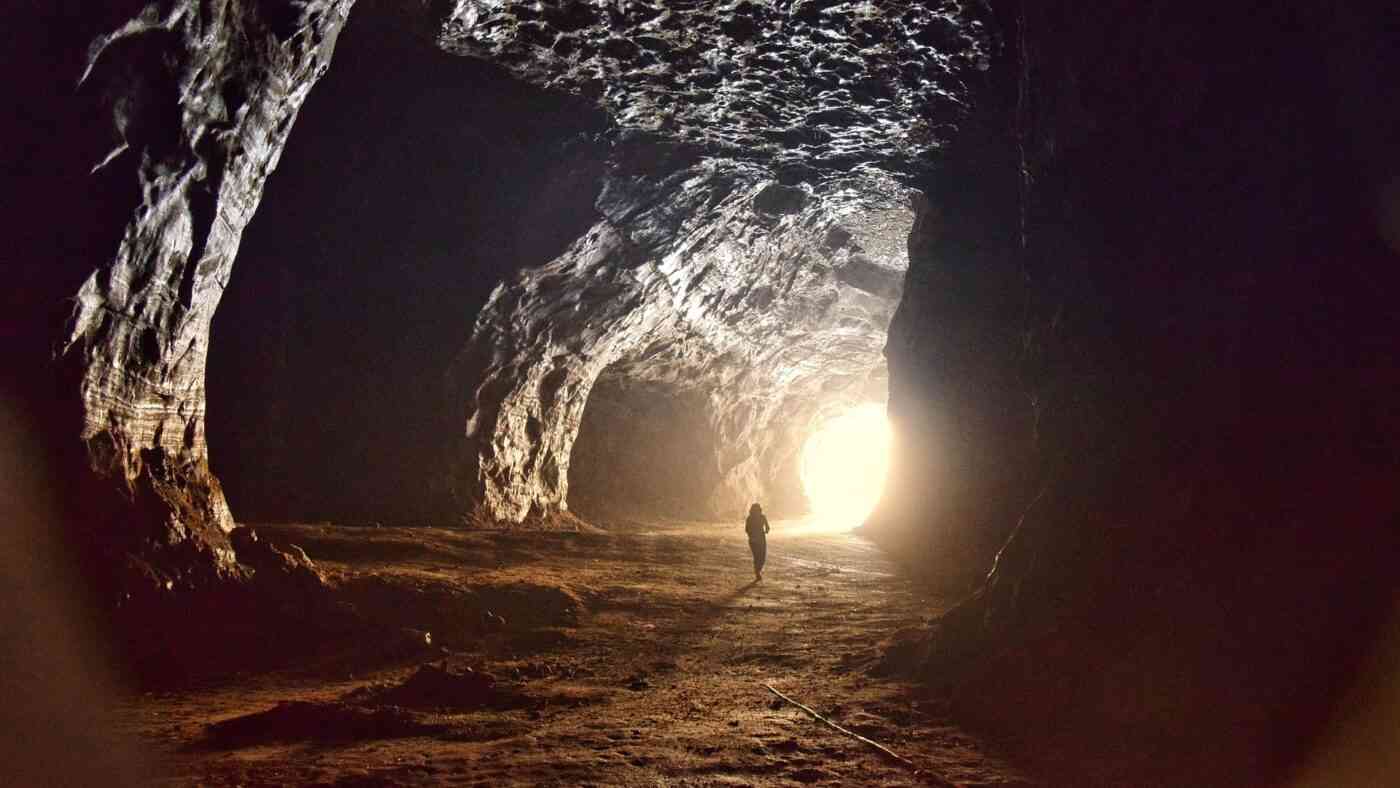
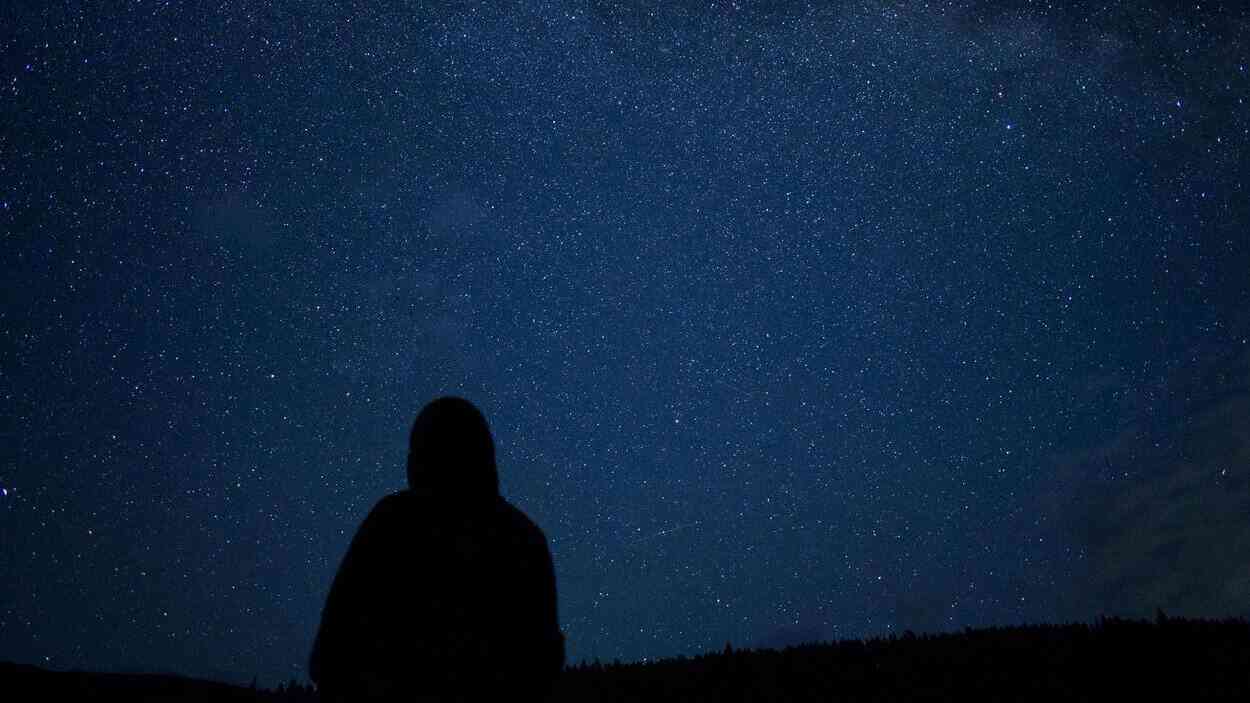
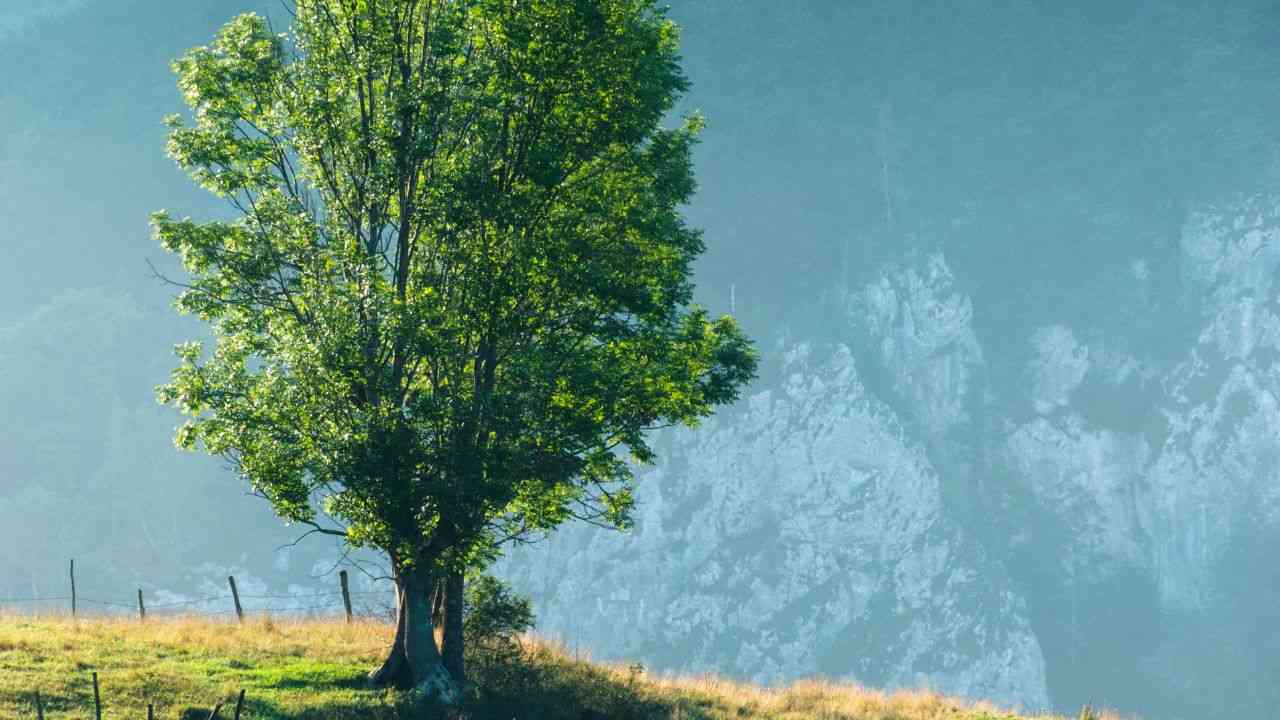
Zmień tryb na ciemny